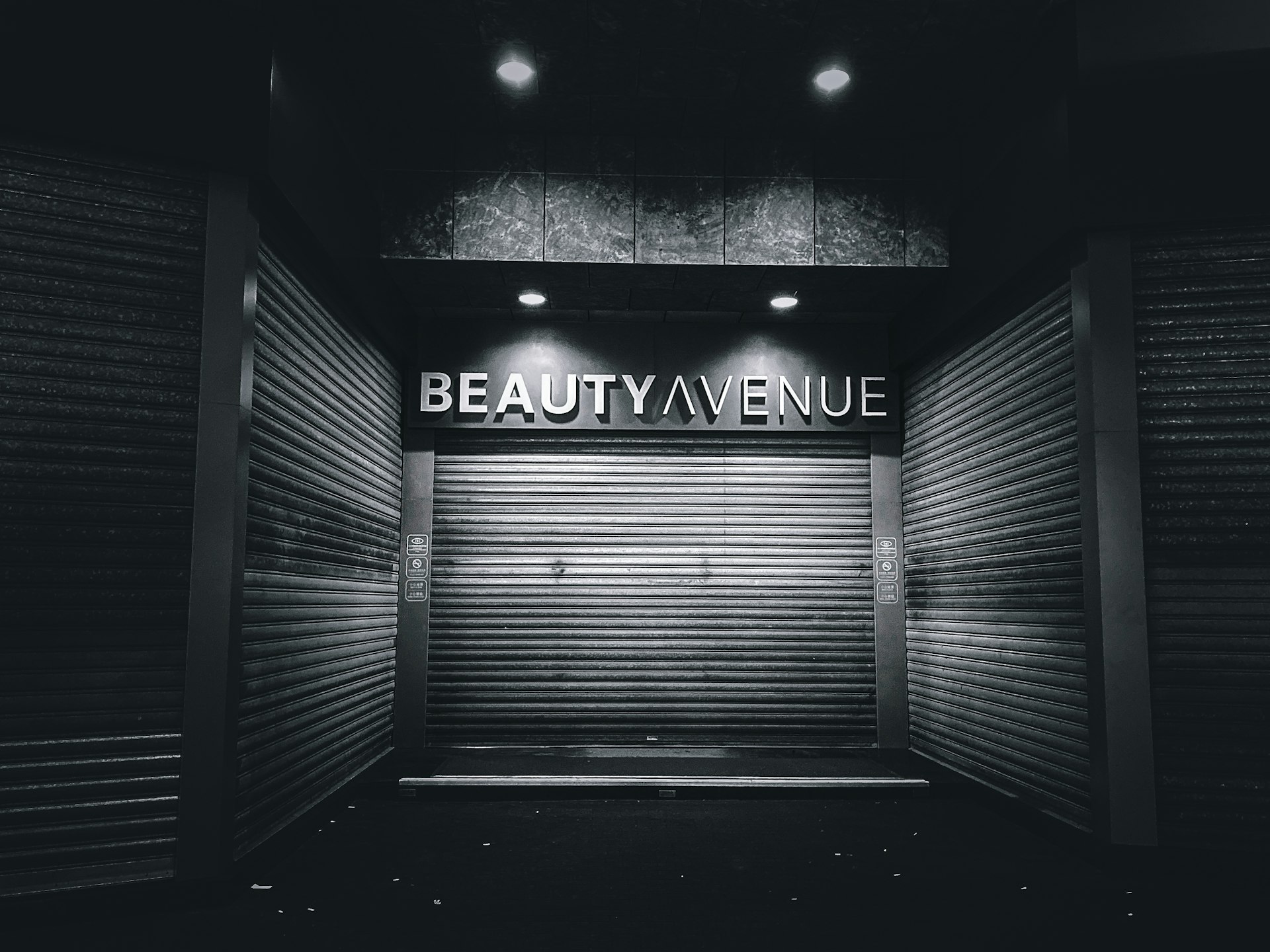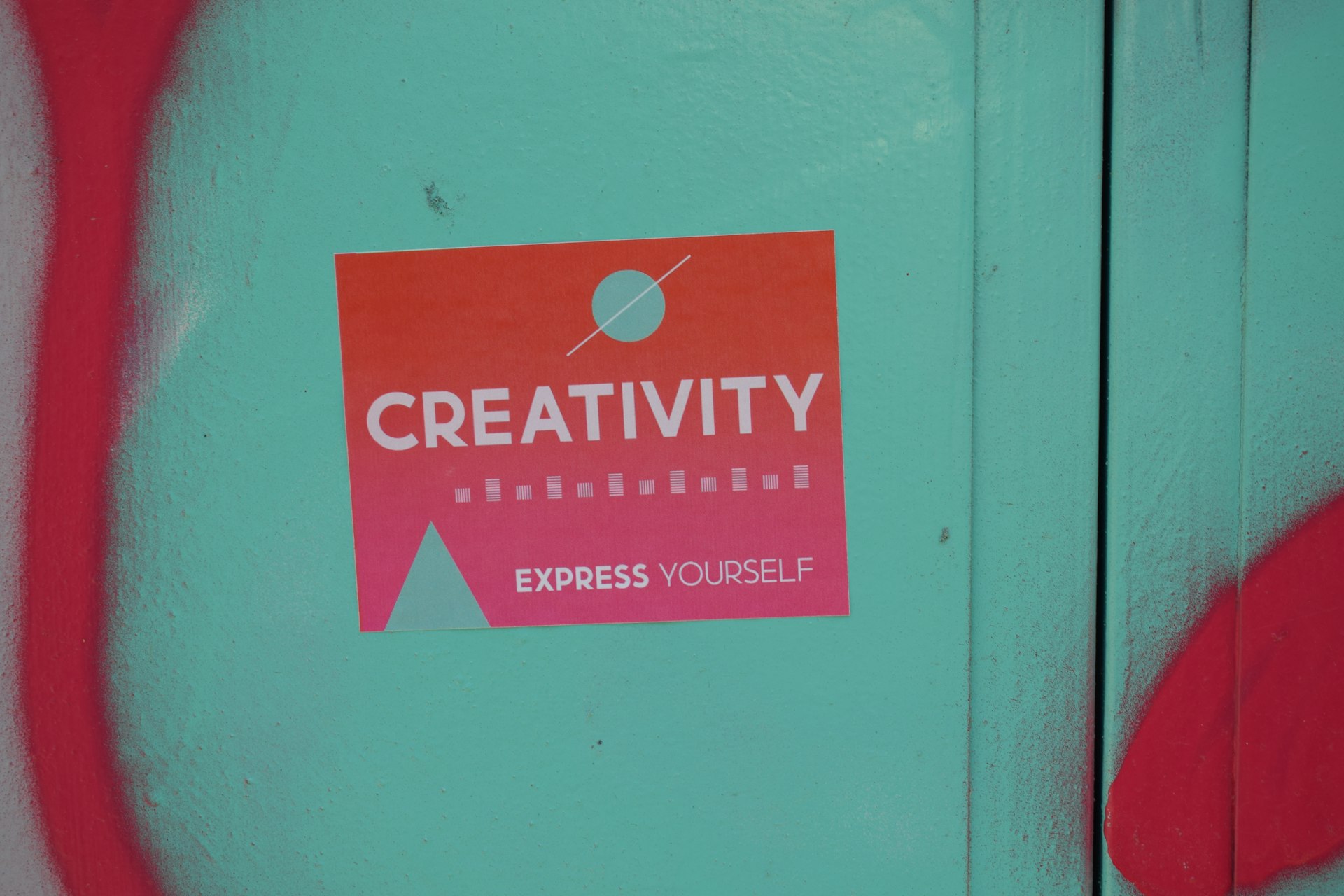How Technology and Diversity Are Reshaping Live Comedy’s Future

Photo by Jake Hill on Unsplash
The Evolving Landscape of Live Comedy Entertainment
Live comedy has always adapted to societal change, but in recent years, the pace and nature of transformation have accelerated. In 2025 and beyond, the future of live comedy entertainment is being shaped by technological advances, evolving audience expectations, and the rise of diverse, authentic voices. Understanding these shifts is crucial for comedians, producers, and fans alike who want to remain engaged and relevant in this rapidly developing field.
1. The Rise of Hybrid Comedy Experiences
One of the defining trends for the future of live comedy is the hybrid model : a blend of traditional in-person shows and digital streaming events. This approach is gaining popularity for several reasons. First, it expands access to audiences who may not be able to attend physical venues due to distance, cost, or health concerns. Second, it offers comedians and producers new revenue streams through online ticketing and global reach. According to industry research, by 2026, streaming is projected to account for 60% of new comedy releases, with festivals and venues increasingly embracing international acts and digital audiences [3] .
For example, comedy festivals now often include both live and virtual events, allowing fans to choose their preferred mode of participation. Some venues have started installing professional-grade recording equipment to stream shows in real-time, while others host interactive sessions where online viewers can participate in Q&A segments or vote on performance elements. This dual approach fosters a sense of community and immediacy, even among remote audiences.
How to Participate: To experience hybrid comedy events, look for established venues and festivals that advertise both in-person and virtual tickets. Consider joining mailing lists or following your favorite comedians and venues on social media for updates on upcoming hybrid shows. When exploring digital options, verify the legitimacy of streaming platforms by searching for official event pages or established ticketing partners.
2. Technology’s Role: From VR to AI Collaboration
Technological integration is revolutionizing the way comedy is created, performed, and consumed. Virtual reality (VR) and augmented reality (AR) platforms are starting to offer immersive comedy experiences, allowing users to feel as though they are present at a live venue from the comfort of their homes [2] . Early examples include platforms where audience members appear as avatars and can interact with performers in real-time, creating new layers of engagement.
Artificial intelligence (AI) is also finding its place in comedy. Some comedians are experimenting with AI-driven writing tools for joke generation or improvisational prompts. Meanwhile, audience participation is evolving, with interactive formats that allow viewers-both in-person and online-to influence show direction. The “Comedy Cloud” platform, for instance, lets digital audiences vote on topics or submit joke premises during a live set [2] .
Implementation Guidance: To experience VR comedy shows, you may need a compatible headset and access to dedicated event platforms. For AI-driven comedy, explore podcasts or online series that highlight these new formats. Always confirm the event’s authenticity by checking with well-known ticketing outlets or direct venue announcements.

Photo by Rapha Wilde on Unsplash
3. Demand for Authenticity and Diverse Voices
Audiences are increasingly seeking authentic, relatable, and socially aware comedy . Outdated stereotypes or insensitive material are being replaced by nuanced storytelling and content that resonates with contemporary values [1] . Comedians like Vir Das and Tiffany Haddish are gaining recognition for blending personal narratives with cultural commentary, while specials by Michelle Wolf underscore the value of sharp, timely humor [3] .
This shift is also reflected in the growing popularity of niche comedy scenes-such as shows centered on specific professions, identities, or subcultures. These events foster inclusion and allow underrepresented groups to connect with material that reflects their experiences.
How to Access: To find diverse and authentic comedy, search for regional comedy collectives, alternative venues, or themed open-mic nights in your area. Many comedy podcasts and YouTube channels now highlight emerging voices and offer platforms for comedians outside traditional circuits. Use search terms like “diverse comedy showcase” or “inclusive stand-up events” to discover new performers and communities.
4. New Revenue Models and Industry Structures
The business of comedy is changing. Many comedians now generate primary income through subscription models or direct fan support rather than relying solely on club gigs or touring [2] . Platforms like Patreon and other membership-based services allow fans to support their favorite performers directly in exchange for exclusive content, early access to shows, or behind-the-scenes material.
There is also a trend toward creator-owned platforms and regional collectives, which provide comedians with greater creative control and more sustainable income streams. These structures help comedians bypass gatekeepers, reach niche audiences, and cultivate long-term relationships with fans.
Practical Steps: If you want to support comedians directly, look for their official pages on established membership platforms or consider subscribing to their exclusive podcast feeds. To discover creator-owned comedy collectives, search for regional organizations or visit the official websites of local venues known for supporting alternative acts. Always verify the legitimacy of subscription services before submitting payment information.
5. Content Evolution: Short-Form, Social, and Therapeutic Comedy
The rise of social video platforms-especially TikTok, Instagram Reels, and YouTube Shorts-has driven a surge in short-form comedy . In 2025, over half of all comedy consumption was attributed to segments under three minutes [2] . This shift has enabled rapid experimentation, viral trends, and new pathways for emerging talent.
Some comedians are also expanding into therapeutic comedy , creating shows that blend humor with emotional processing or group reflection. For instance, the “Laugh Through It” series combines stand-up with guided discussions on mental health and resilience [2] . This evolution reflects a broader appreciation for comedy’s role in well-being and community connection.
Access Strategies: To enjoy short-form comedy, follow comedians on popular social platforms and subscribe to their channels. For therapeutic or wellness-oriented shows, search for local event listings, mental health organizations, or streaming platforms featuring such content. If in doubt about a show’s focus, contact the organizing venue or check for reviews from reputable entertainment publications.
6. Getting Involved: Step-by-Step Guidance
Whether you’re a fan, aspiring comedian, or industry professional, there are several ways to engage with the future of live comedy entertainment:
- Stay Informed: Follow leading industry news sources, podcasts, and official venue websites for updates on new trends and events. Search for “2025 comedy industry trends” for the latest analysis.
- Attend Hybrid Events: Choose between in-person or virtual attendance based on your preferences and needs. Always use official ticketing partners or venue websites when purchasing access.
- Support Diverse Voices: Seek out showcases, open mics, and streaming specials featuring comedians from underrepresented backgrounds. Use search terms like “inclusive comedy festival” or “LGBTQ+ stand-up events” for targeted results.
- Engage Creatively: If you’re a performer, consider experimenting with AI-powered writing tools or interactive audience formats. Invest in quality audio and lighting equipment to enhance both live and streamed performances, as recommended by industry experts [3] .
- Explore New Content Types: Try short-form comedy on social platforms or therapeutic events that blend humor with well-being. Use official event listings or mental health organization websites to find reputable opportunities.
For those interested in live experiences, venues like The Elysian Theater offer a mix of traditional and innovative comedy programming. Visit the venue’s official website or contact their box office directly for current event schedules [5] .
References
- [1] Comedy in Your Eye (2025). Exploring the Evolution of Stand-Up Comedy in 2025.
- [2] AltComedy.com (2025). 2025 Alternative Comedy Trends.
- [3] Accio.com (2025). 2025 Best New Comedy Stand Up Trends.
- [4] Exploding Topics (2025). 8 Top Entertainment Trends (2024 & 2025).
- [5] The Elysian Theater (2025). Event Listings and Comedy Shows.
MORE FROM resultsdiscount.com













